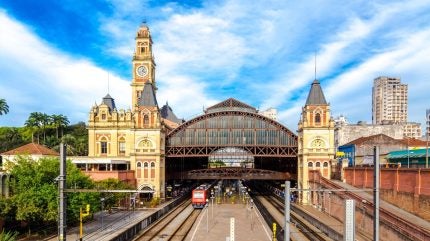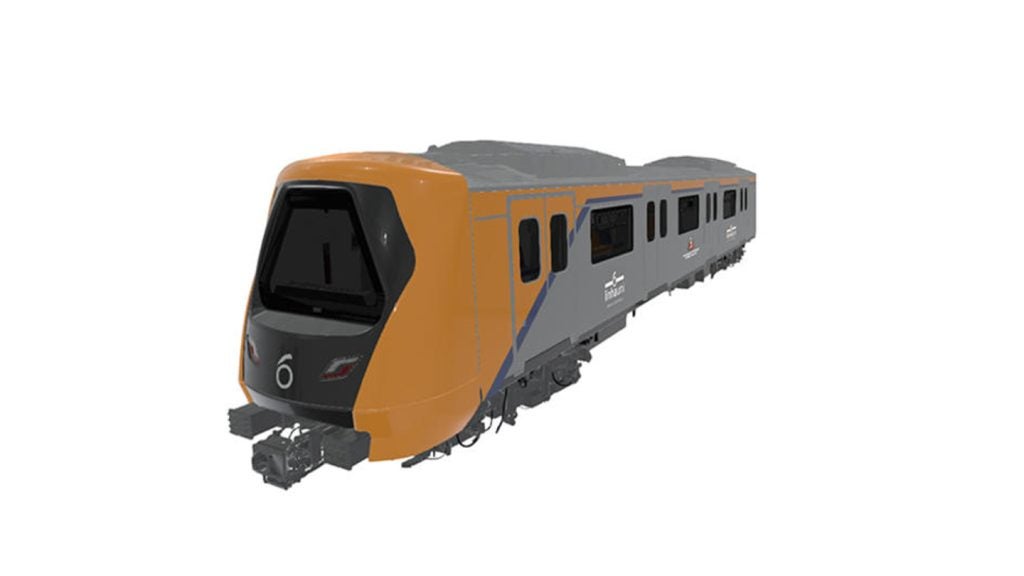
Alstom revealed the design of new trains to be manufactured for the São Paulo Metro’s Line 6 in partnership with operator Linha Universidade.
The 22 six-car trains will be built by Alstom at its Taubaté factory in São Paulo for the metro’s upcoming Line 6 and have been designed with lower energy consumption and driverless/Unattended Train Operation (UTO) technology.
Michel Boccaccio, president of Alstom in Brazil and general director for Latin America, said: “This project reaffirms our mission of promoting a reliable and sustainable transport system, contributing to improving the quality of life of São Paulo residents and, specifically, for students who will use the university line and will not buy a car, a global trend of youth.”
Each train will accommodate up to 2,044 passengers and reach speeds of 90km/h. They will also be fitted with modern technology for passenger counting, video surveillance, and a design built around better passenger flow.

The rolling stock contract is part of the wider Line 6 project which is currently constructing a 15.3km line and 15 underground stations for the São Paulo Metro, with a 7km expansion also built in to future plans.
The new line, branded as the Orange line, will be operated and maintained by Linha Universidade for at least 19 years after the company signed a contract for its concession with the Government of São Paulo.
Work on the line’s new trains strengthens Alstom’s presence in Brazil and is particularly important for the Taubaté which re-opened in 2022 after an expansion project tripled its manufacturing footprint.



